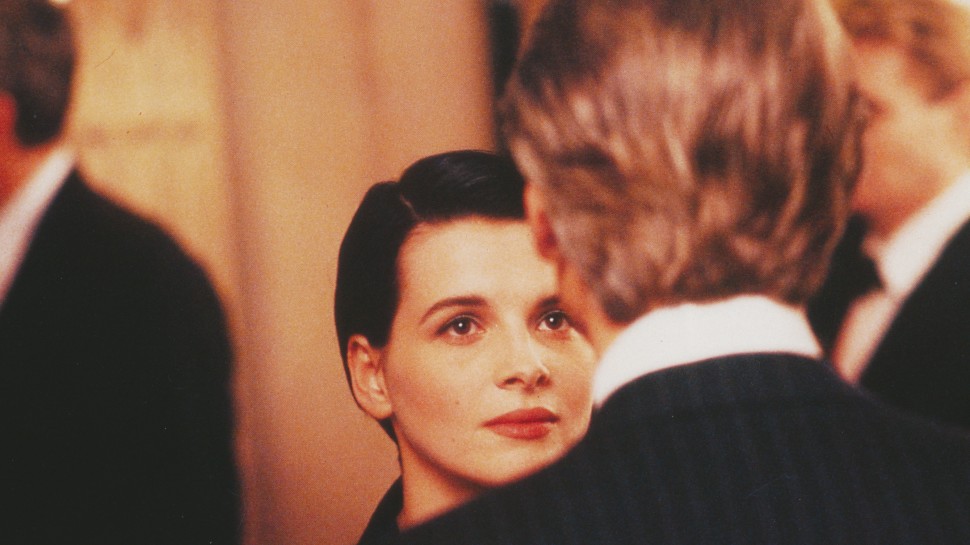Damages – A Razor-Sharp Legal Thriller That Redefines Power and Paranoia
Damages isn’t just another courtroom drama—it’s a psychological chess match set against the backdrop of corporate greed, moral compromise, and unchecked ambition. Created by Todd A. Kessler, Glenn Kessler, and Daniel Zelman, this FX series delivers a chilling, slow-burn narrative that blends legal maneuvering with the intensity of a crime thriller.

At the center of the storm is Patty Hewes, portrayed with steely brilliance by Glenn Close. Patty is not your typical legal powerhouse—she’s calculating, intimidating, and willing to manipulate, destroy, or outwit anyone who stands in her way. Her protégée, Ellen Parsons (played by the quietly formidable Rose Byrne), begins as an idealistic young lawyer but is slowly drawn into Patty’s dark orbit. Over the course of five seasons, the shifting power dynamics between these two women become the show’s emotional and ethical spine.

What sets Damages apart is its nonlinear storytelling. The series opens with shocking glimpses of the future—bloody shoes, mysterious deaths, betrayal—and then rewinds to unfold how the characters got there. It’s a masterclass in tension-building, using flash-forwards as puzzle pieces that only make sense once the entire picture is revealed.

Beyond the courtroom, Damages digs into topical issues: whistleblowing, pharmaceutical corruption, financial fraud, and government overreach. The antagonists are not cartoonish villains, but flawed and often charismatic figures—played by a stellar rotating cast including Ted Danson, William Hurt, John Goodman, and Ryan Phillippe—who blur the line between victim and perpetrator.
The writing is sharp, cerebral, and emotionally complex. Every word is a weapon, every scene a battle of wits. But beneath the cold strategies lies a haunting exploration of trust, loyalty, and identity. How much of yourself are you willing to lose in pursuit of power? And can you ever come back?
Visually, the show embraces a dark, stylish aesthetic, echoing its themes of deception and shadowy deals. The pacing is deliberate, requiring viewers to stay alert—but the payoff is deeply satisfying.
In sum, Damages is intelligent, gripping, and unflinchingly bold. It doesn’t spoon-feed its audience, and it doesn’t offer easy heroes. What it delivers instead is a brutally honest look at ambition, framed by two unforgettable performances from Close and Byrne. If you’re a fan of morally complex storytelling and layered character drama, Damages is essential viewing.